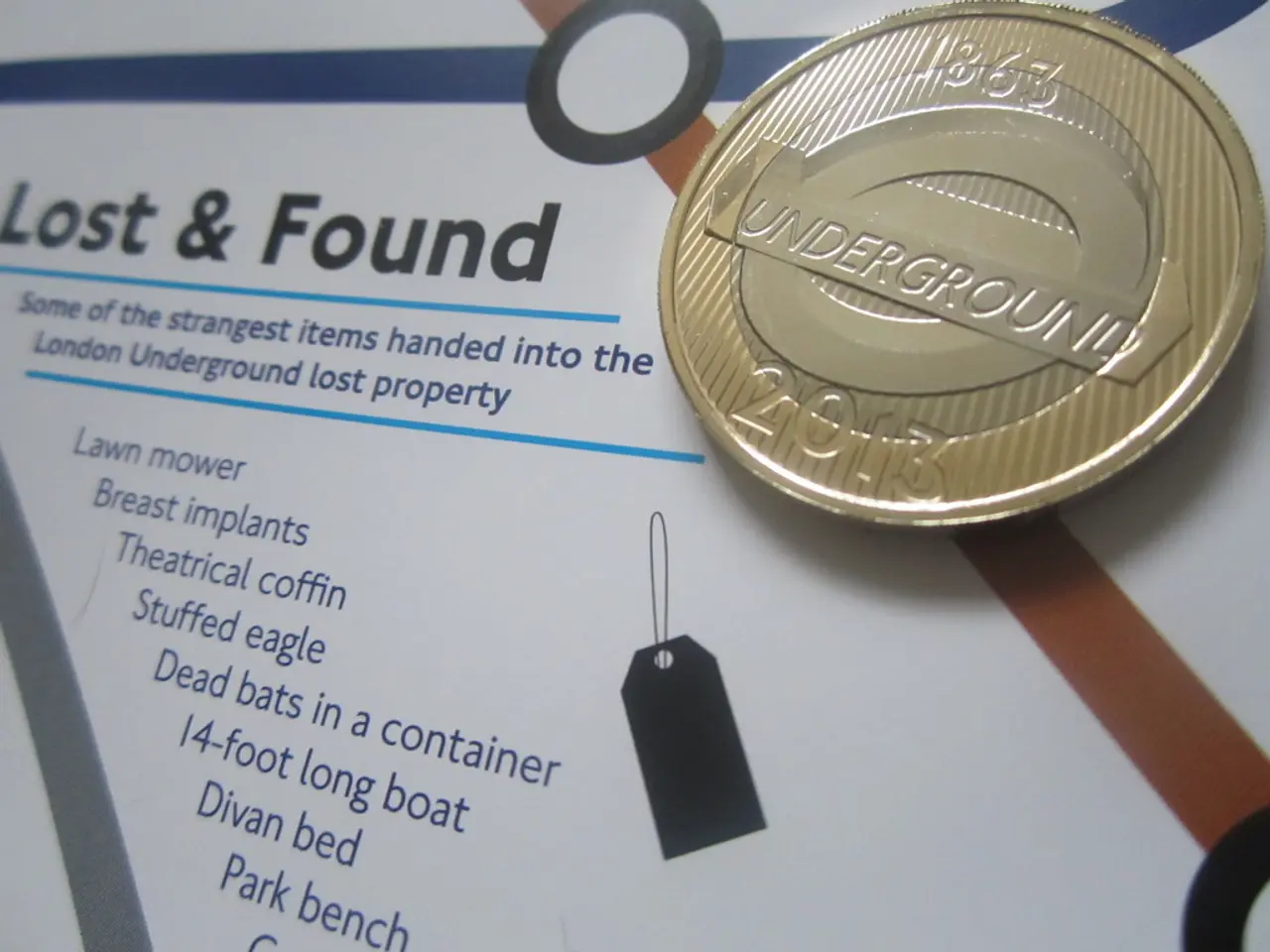Author and Sara Walker discuss Virtual Existence and Black Holes
In the ongoing quest to unravel the mysteries of our origins, scientists are also searching for signs of extraterrestrial life. One intriguing hypothesis suggests that advanced alien civilizations might have transcended conventional physical forms, evolving into quantum computational entities.
This quantum hypothesis posits that such civilizations could exist as distributed quantum informational entities, making them difficult to detect using traditional methods. This idea stems from the belief that quantum computing represents an ultimate substrate for complex information processing and consciousness.
This theory dovetails with the Simulation Hypothesis, which proposes that reality itself might be a quantum or digital simulation created by advanced intelligences. It also aligns with the Transcension Hypothesis, which suggests that civilizations may "transcend" physical space-time constraints by shifting into quantum computational modes of existence.
The peculiarities of quantum mechanics, such as superposition and entanglement, imply that such civilizations could exploit these features for interstellar quantum communication or profound computational advantages. This could make their technological signatures very subtle or fundamentally different from classical signals.
The idea that the universe operates like a quantum computer supports the possibility that advanced civilizations could operate on, or manipulate, this universal quantum "code." This framework challenges traditional assumptions about alien life forms and may partly explain the Fermi paradox, suggesting that such beings do not interact with or manifest themselves in ways we expect.
Meanwhile, the realm of particle physics hints at a deeper meaning of the term "virtual," extending beyond virtual reality headsets and immersive digital worlds. The concept of temporal adaptation to cosmic expansion, proposed by Freeman Dyson, offers a way for life to persist indefinitely in an expanding universe.
As we delve deeper into the mysteries of how life begins, it's not impossible to imagine that our first contact with alien life might come from our own laboratories. The abstract capabilities humans possess, such as language, mathematics, and consciousness, may be deep temporal structures embedded in the very fabric of our existence.
This theory invites new approaches to SETI (Search for Extraterrestrial Intelligence), including searching for quantum communication signals or indirect signatures of quantum computational processes rather than just classical electromagnetic transmissions. The search for extraterrestrial life continues, with quantum leaps in technology and understanding potentially leading us to new frontiers.
[1] Bostrom, N. (2003). Are You Living in a Computer Simulation? Philosophical Quarterly, 53(211), 243-255. [2] Susskind, L. (2003). The Physics of Information. Oxford University Press. [4] Bostrom, N. (2016). Superintelligence: Paths, Dangers, Strategies. Oxford University Press. [5] Tegmark, M. (2003). Life 3.0: Being Human in the Age of Artificial Intelligence. Knopf.
- Scientists, considering the advancements in quantum computing and the theories proposed by Bostrom, Susskind, and Tegmark, are contemplating the possibility that extraterrestrial civilizations could exist as quantum computational entities, making them difficult to detect using traditional methods of astronomy and SETI.
- The ongoing search for extraterrestrial life needs to evolve alongside advancements in technology, particularly quantum technology, as the peculiarities of quantum mechanics suggest that advanced alien civilizations could have technological signatures very subtle or fundamentally different from classical signals, necessitating the exploration of quantum communication signals or indirect signs of quantum computational processes in space-and-astronomy.




